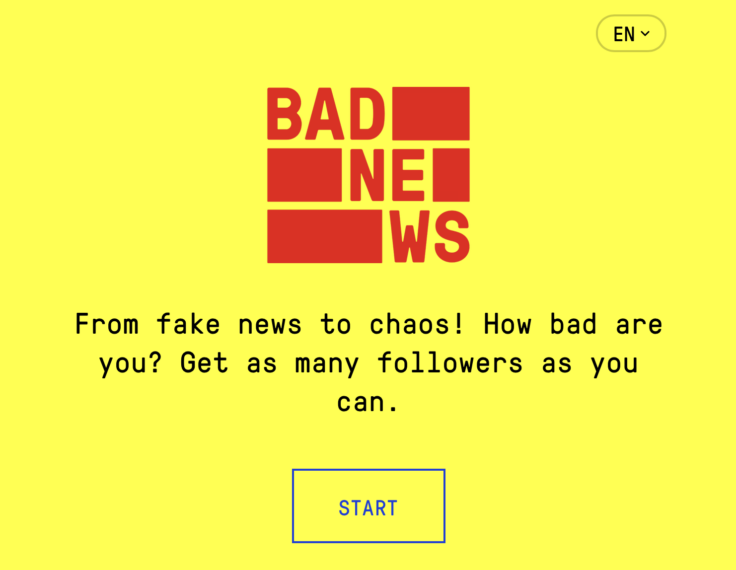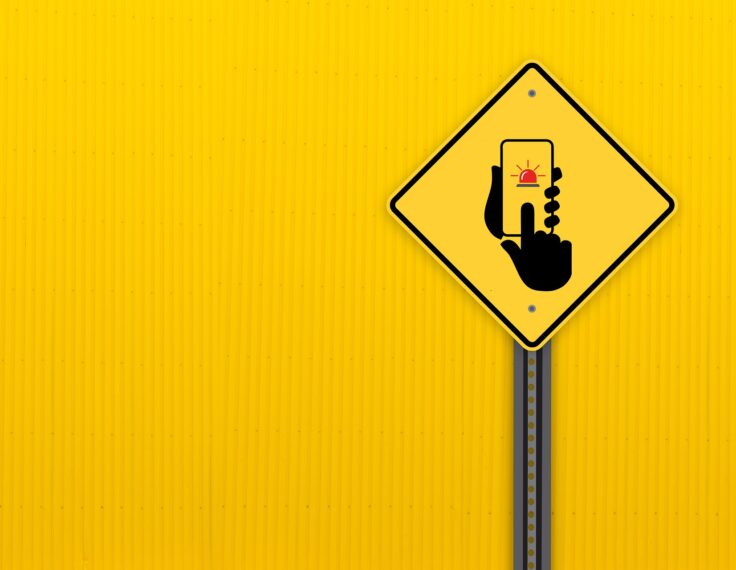Explore All Articles
All Articles
Article Topic

Contextualizing critical disinformation during the 2023 Voice referendum on WeChat: Manipulating knowledge gaps and whitewashing Indigenous rights
Fan Yang, Luke Heemsbergen and Robbie Fordyce
Outside China, WeChat is a conduit for translating and circulating English-language information among the Chinese diaspora. Australian domestic political campaigns exploit the gaps between platform governance and national media policy, using Chinese-language digital media outlets that publish through WeChat’s “Official Accounts” feature, to reproduce disinformation from English-language sources.

Toxic politics and TikTok engagement in the 2024 U.S. election
Ahana Biswas, Alireza Javadian Sabet and Yu-Ru Lin
What kinds of political content thrive on TikTok during an election year? Our analysis of 51,680 political videos from the 2024 U.S. presidential cycle reveals that toxic and partisan content consistently attracts more user engagement—despite ongoing moderation efforts. Posts about immigration and election fraud, in particular, draw high levels of toxicity and attention.

Conservatives are less accurate than liberals at recognizing false climate statements, and disinformation makes conservatives less discerning: Evidence from 12 countries
Tobia Spampatti, Ulf J. J. Hahnel and Tobias Brosch
Competing hypotheses exist on how conservative political ideology is associated with susceptibility to misinformation. We performed a secondary analysis of responses from 1,721 participants from twelve countries in a study that investigated the effects of climate disinformation and six psychological interventions to protect participants against such disinformation.

Framing disinformation through legislation: Evidence from policy proposals in Brazil
Kimberly Anastácio
This article analyzes 62 bills introduced in the Brazilian Chamber of Deputies between 2019–2022 to understand how legislators frame disinformation into different problems and their respective solutions. The timeframe coincides with the administration of right-wing President Jair Bolsonaro. The study shows a tendency from legislators of parties opposed to Bolsonaro to attempt to criminalize the creation and spread of health-related and government-led disinformation.

Gamified inoculation reduces susceptibility to misinformation from political ingroups
Cecilie Steenbuch Traberg, Jon Roozenbeek and Sander van der Linden
Psychological inoculation interventions, which seek to pre-emptively build resistance against unwanted persuasion attempts, have shown promise in reducing susceptibility to misinformation. However, as many people receive news from popular, mainstream ingroup sources (e.g., a left-wing person consuming left-wing media) which may host misleading or false content, and as ingroup sources may be more persuasive, the impact of source effects on inoculation interventions demands attention.

Journalistic interventions matter: Understanding how Americans perceive fact-checking labels
Chenyan Jia and Taeyoung Lee
While algorithms and crowdsourcing have been increasingly used to debunk or label misinformation on social media, such tasks might be most effective when performed by professional fact checkers or journalists. Drawing on a national survey (N = 1,003), we found that U.S. adults evaluated fact-checking labels created by professional fact checkers as more effective than labels by algorithms and other users. News

Fact-opinion differentiation
Matthew Mettler and Jeffery J. Mondak
Statements of fact can be proved or disproved with objective evidence, whereas statements of opinion depend on personal values and preferences. Distinguishing between these types of statements contributes to information competence. Conversely, failure at fact-opinion differentiation potentially brings resistance to corrections of misinformation and susceptibility to manipulation.

Seeing lies and laying blame: Partisanship and U.S. public perceptions about disinformation
Kaitlin Peach, Joseph Ripberger, Kuhika Gupta, Andrew Fox, Hank Jenkins-Smith and Carol Silva
Using data from a nationally representative survey of 2,036 U.S. adults, we analyze partisan perceptions of the risk disinformation poses to the U.S. government and society, as well as the actors viewed as responsible for and harmed by disinformation. Our findings indicate relatively high concern about disinformation across a variety of societal issues, with broad bipartisan agreement that disinformation poses significant risks and causes harms to several groups.

Correcting campaign misinformation: Experimental evidence from a two-wave panel study
Laszlo Horvath, Daniel Stevens, Susan Banducci, Raluca Popp and Travis Coan
In this study, we used a two-wave panel and a real-world intervention during the 2017 UK general election to investigate whether fact-checking can reduce beliefs in an incorrect campaign claim, source effects, the duration of source effects, and how predispositions including political orientations and prior exposure condition them.
